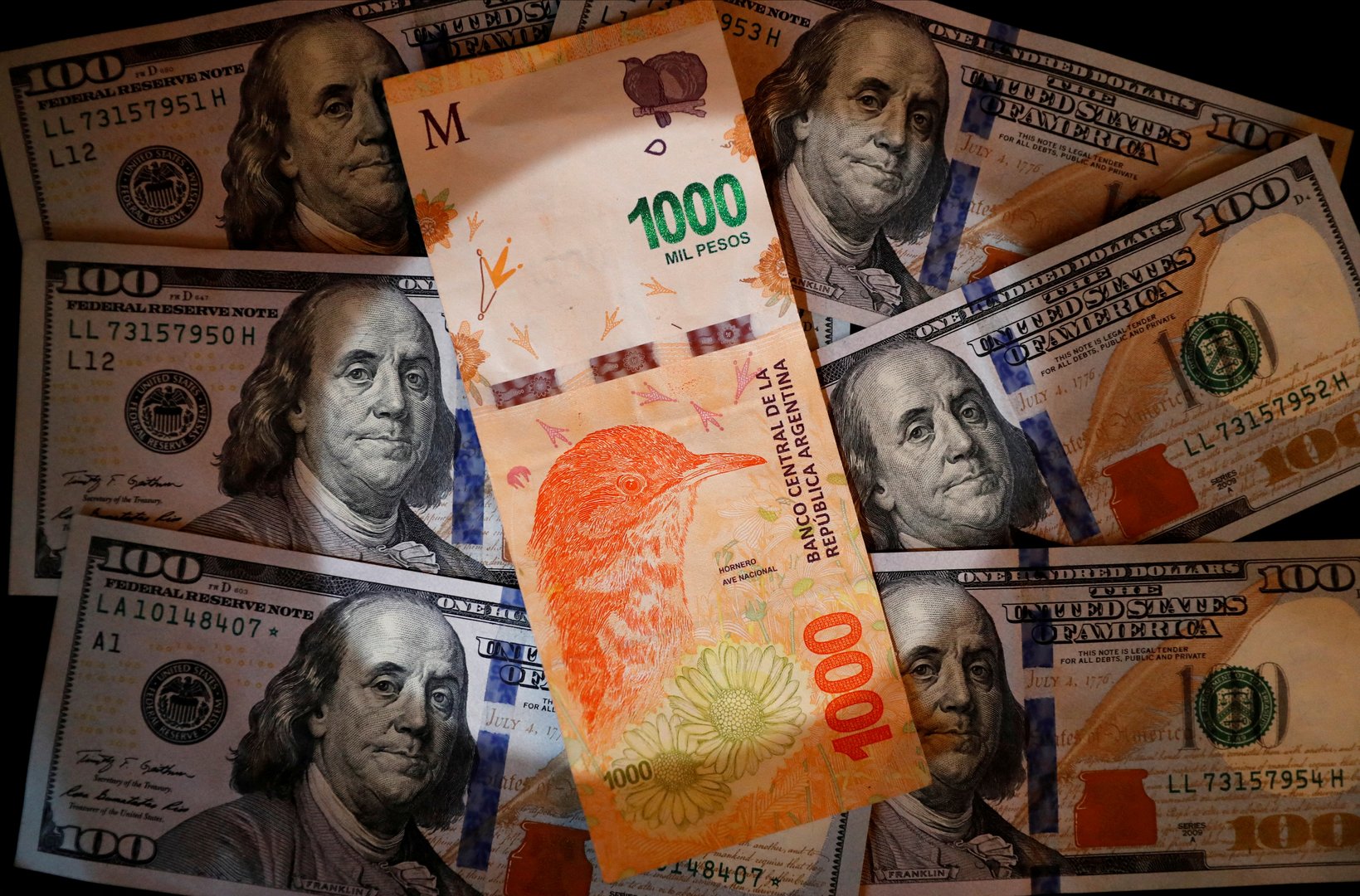Argentina’s annual inflation rate sped past 211% in December, official data showed on Thursday, hitting the highest level since the early 1990s as new libertarian President Javier Milei seeks to head off hyperinflation with tough austerity measures.
Argentina’s monthly inflation rate also hit 25.5% in the month, slightly below forecasts, after a sharp devaluation of the peso currency last month after Milei’s government took office on Dec. 10, pledging to get inflation under control.
The inflation reading took Argentina past regional peer Venezuela, long Latin American’s inflation outlier, where inflation cooled to an estimated 193% in 2023, following years of painful, out-of-control price rises.
“We’ve had to eliminate things that made life a little brighter,” said retiree Susana Barrio, 79, adding she no could longer afford to invite her friends for asado barbecues, long a key part of Argentine social life.
“That joy it gave me to invite my friends for a barbecue, which is typical here, now that’s impossible.”
While high inflation has dogged Argentina for years, the rate of price increases is now at the highest level since the start of the 1990s, when the country was emerging from a period of hyperinflation, with food prices climbing particularly fast.
President Javier Milei, a political outsider who rode to power on the back of voter anger at the worsening economic situation, is looking to employ tough austerity measures to bring down inflation, reduce a deep fiscal deficit and rebuild government coffers.
But Milei, who has been in office a month, has warned it will take time and that things could get worse before they get better. Many Argentines are further tightening their belts, with two-fifths already in poverty.
“Nothing is cheap,” said Graciela Bravo, a 65-year-old retiree, who said she now carefully counted how many potatoes she bought.
“Before you would purchase by the kilo, now I get three potatoes or four potatoes so they don’t spoil.”
Alejandro Grossi, 49, a lawyer, said he was wearily used to rising prices after years of inflation.
“I buy fewer things for myself than I would like, you adapt,” he said. “It’s like we’re used to it, it’s already something so natural here: inflation and changing prices.”







Click here to change your cookie preferences